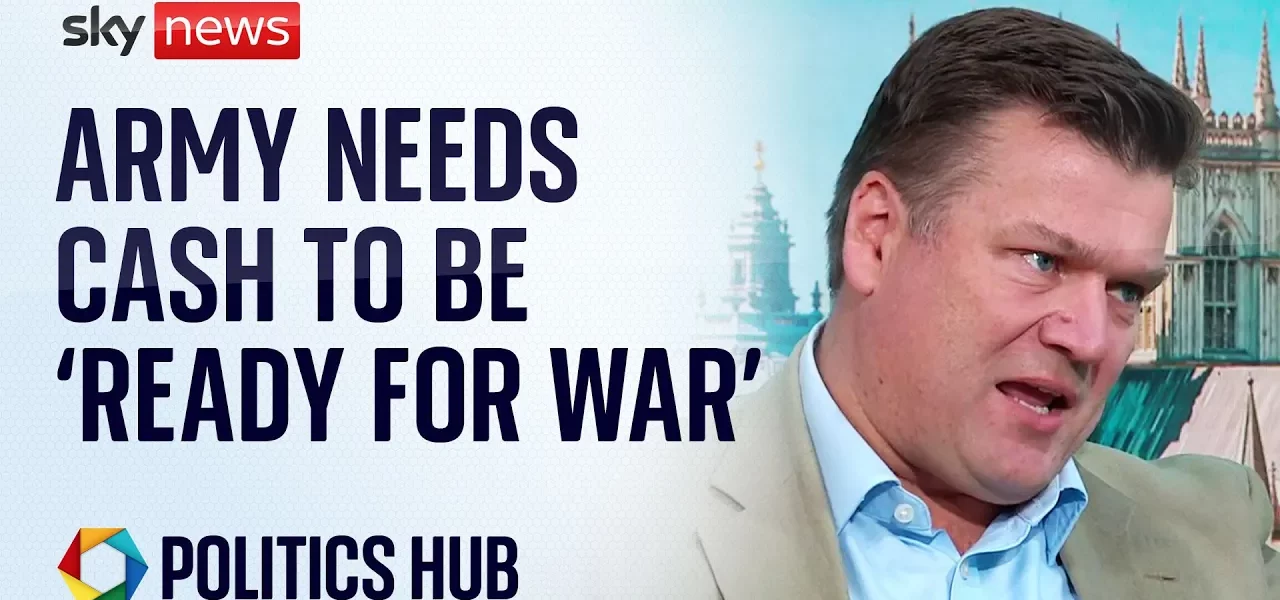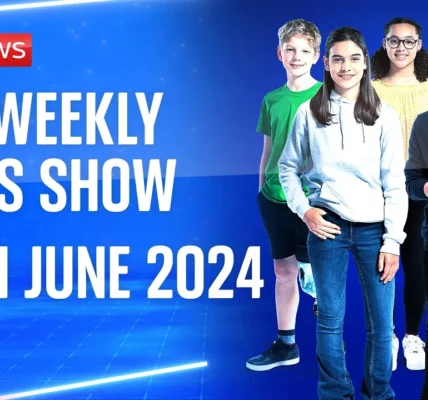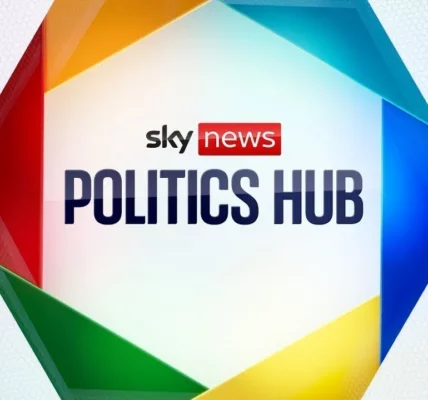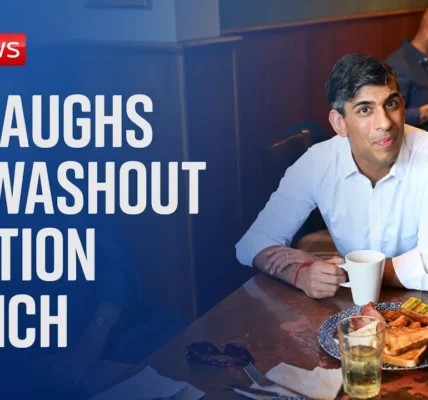K. Starmer at the NATO Summit: Analyzing His First Global Appearance as Prime Minister

This article delves into K. Starmer’s recent participation in the NATO Summit, focusing on his interactions with global leaders, the pressing questions regarding UK defense commitments, and the political dynamics at play. Join us as we explore the implications of his leadership and the challenges he faces on the world stage.
Introduction
Recently, K. Starmer transitioned from the intense atmosphere of a general election campaign to the global stage as he attended the NATO Summit in Washington. This critical event marked his first engagement as Prime Minister with international leaders, including the U.S. President. The summit not only showcased Starmer’s diplomatic skills but also highlighted the mounting pressures and expectations regarding his new government’s commitments to defense spending amidst ongoing political scrutiny.
The Significance of K. Starmer’s NATO Summit Attendance
Starmer’s appearance at the NATO Summit was a pivotal moment for his administration. The event underscored the importance of the UK’s role in global defense and security. His reception by world leaders served as a reminder of the transient nature of party politics and the enduring significance of the UK’s contributions on the international stage.
Positive Reception from Global Leaders
The warm welcome extended to Starmer by his international counterparts reflects his capacity to position the UK as a vital ally in defense matters. This positive reception is crucial for establishing the UK’s credibility and influence in NATO.
The Pressure on Defense Commitments
Despite the favorable interactions, Starmer faced pressing inquiries regarding the new government’s commitment to defense spending. The anticipated announcement of a 2.5% GDP allocation for defense was notably absent, raising concerns among political analysts and military experts alike.
Political Implications and Reactions
The political landscape in the UK has been characterized by a tumultuous relationship between defense commitments and electoral promises. Former Armed Forces Minister James Heappey provided insights into the implications of Starmer’s NATO attendance, particularly regarding the opposition’s stance on defense spending.
Labor’s Commitment to Defense Spending
Heappey noted that the Labor Party’s historical commitment to defense spending has been questioned. The current government’s stance, which aligns with the Conservative position of increasing defense expenditure when fiscal conditions permit, has led to concerns about the UK’s leadership role in NATO.
The Need for Immediate Action
Heappey emphasized the urgency of addressing the state of the armed forces. He argued that without timely financial commitments, the current military forces would struggle to maintain operational readiness for full-scale warfare. The choice between maintaining a “hollowed-out” military or reducing the size of the armed forces presents a significant dilemma.
- Potential outcomes of delayed funding:
- Reduced military effectiveness
- Increased vulnerability in international conflicts
- Challenges in meeting NATO obligations
Election Dynamics and Internal Party Challenges
The recent general election has further complicated the political landscape for Starmer and the Labor Party. The aftermath of the election has left many questioning the party’s direction and leadership cohesion.
Impact of Election Results
Starmer’s leadership has been scrutinized following significant losses in the elections. The party’s struggle to maintain discipline and ambition is evident, with internal conflicts threatening to overshadow their political strategy.
Unity and Future Prospects
For the Labor Party to regain electability, a unified front is essential. Heappey highlighted the importance of overcoming internal conflicts, especially in light of recent public disputes among party members. Achieving collective ambition will be crucial in restoring public confidence.
- Steps for the Labor Party to regain momentum:
- Establishing clear leadership
- Fostering unity within the party
- Reaffirming commitment to national security
Conclusion
K. Starmer’s inaugural appearance as Prime Minister at the NATO Summit was a defining moment that underscored the complexities of international diplomacy and domestic politics. The pressures regarding defense spending and the expectations from both allies and the public present formidable challenges ahead. As the UK navigates these waters, it is imperative for Starmer to solidify his government’s commitments and restore faith in the party’s capability to lead effectively. The future of the UK’s defense policy and its role within NATO hangs in the balance, and decisive actions are necessary to ensure national security and international standing.
For more insights into political dynamics and defense policies, check out our related articles on Defense Spending in the UK and The Role of NATO in Global Security.
“`




